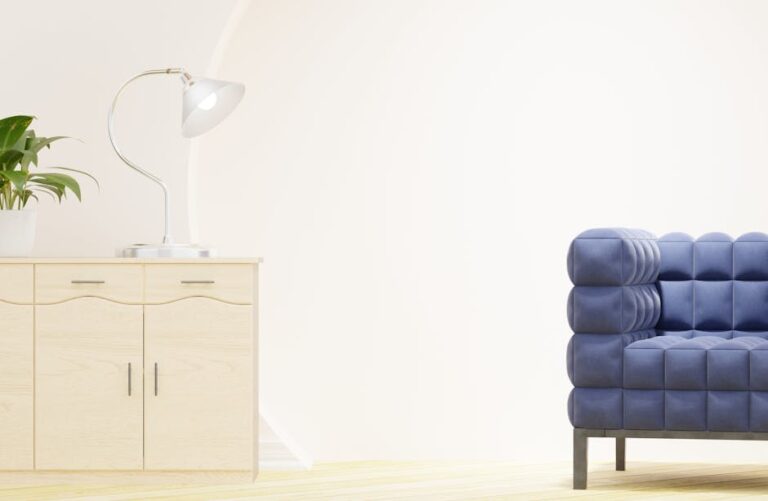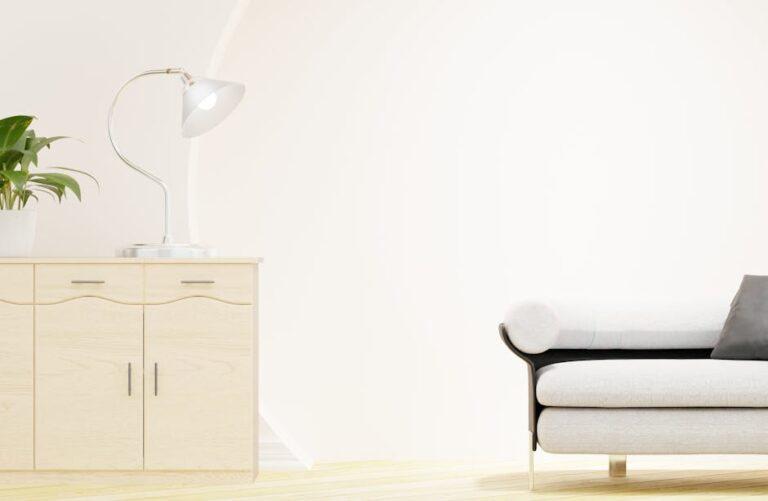
How Minimalism Can Improve Your Productivity: A Deep Dive
Minimalism, often perceived as merely a lifestyle trend involving decluttered spaces and owning fewer possessions, possesses a powerful, often overlooked, impact on productivity. Beyond the aesthetic appeal of a sparsely furnished room, minimalism fosters a mental clarity and focused energy that can significantly boost efficiency in both personal and professional spheres. This article explores the multifaceted ways in which embracing minimalist principles can directly translate to enhanced productivity.
1. Reduced Decision Fatigue: Streamlining Choices for Focused Action
One of the most significant drains on productivity is decision fatigue. Each decision we make, regardless of its importance, depletes our mental energy reserves. Minimalists actively combat this by strategically reducing the number of decisions they face daily. Consider clothing. Instead of a overflowing closet with endless combinations, a minimalist might curate a capsule wardrobe with versatile, interchangeable pieces. This eliminates the agonizing “what to wear” dilemma, freeing up mental bandwidth for more critical tasks.
Similarly, minimalists often streamline their routines. By automating or simplifying repetitive tasks, such as meal preparation or errand running, they minimize the constant decision-making that consumes valuable time and energy. The fewer decisions required, the more mental resources are available for complex problem-solving, creative thinking, and focused work. This proactive simplification allows for a more intentional and productive use of time and cognitive capacity.
2. Eliminating Distractions: Creating a Conducive Environment for Focus
A cluttered environment, both physical and digital, is a breeding ground for distractions. Piles of paperwork, a messy desk, and a notification-filled screen constantly vie for our attention, pulling us away from the task at hand. Minimalism advocates for eliminating these distractions. A clean and organized workspace, free from unnecessary objects and visual clutter, promotes a sense of calm and allows for easier focus.
Digital minimalism is equally crucial. Unsubscribing from irrelevant email lists, silencing unnecessary notifications, and curating a streamlined digital workspace can significantly reduce digital distractions. By consciously minimizing the constant influx of information and stimuli, minimalists create a mental space conducive to deep work and sustained concentration. This focused attention translates directly to increased productivity and higher-quality output.
3. Prioritization and Focus: Concentrating on What Truly Matters
Minimalism inherently encourages prioritization. By consciously choosing what to keep and what to discard, minimalists develop a keen awareness of what truly adds value to their lives and work. This awareness translates into a sharpened ability to identify and prioritize essential tasks, projects, and goals. The focus shifts from being busy to being productive.
Rather than spreading themselves thin across multiple projects and commitments, minimalists tend to focus on a smaller number of high-impact activities. This allows them to dedicate their full attention and energy to those endeavors, resulting in greater efficiency and higher-quality results. By saying “no” to distractions and non-essential commitments, they create space for focused action and meaningful progress on their most important goals.
4. Financial Freedom: Reducing Financial Stress for Increased Focus
While often overlooked, the financial benefits of minimalism can significantly impact productivity. By consciously reducing consumption and focusing on needs rather than wants, minimalists often experience reduced financial stress. This financial stability can free up mental energy that would otherwise be spent worrying about bills, debts, or future financial insecurity.
Furthermore, minimalism often leads to a more conscious approach to spending, allowing individuals to allocate their resources more effectively. This might involve investing in personal development, hiring help with tasks that drain their time, or freeing themselves from the need to work excessive hours to maintain a certain lifestyle. Reduced financial stress and a more intentional approach to resource allocation contribute to a greater sense of control and allow for more focused pursuit of professional and personal goals.
5. Time Management: Maximizing Efficiency through Intentionality
Minimalism emphasizes intentionality in all aspects of life, including time management. By consciously evaluating how they spend their time, minimalists identify time-wasting activities and proactively eliminate them. This might involve reducing social media consumption, streamlining daily routines, or outsourcing tasks that can be delegated.
This conscious approach to time management allows for a more efficient use of each day. Time is allocated to activities that align with their values and contribute to their goals, while distractions and unproductive habits are minimized. By consciously managing their time and energy, minimalists maximize their productivity and achieve more in less time.
6. Enhanced Creativity: Fostering Innovation Through Simplicity
Contrary to popular belief, minimalism doesn’t stifle creativity; it can actually enhance it. A cluttered mind, bombarded with information and distractions, struggles to generate innovative ideas. A simplified environment, on the other hand, provides the mental space necessary for creative thinking to flourish.
By eliminating distractions and focusing on essentials, minimalists create a mental canvas for new ideas to emerge. The absence of visual and mental clutter allows for a clearer focus on the task at hand, fostering deeper engagement and more creative problem-solving. The simplicity of the environment encourages a more innovative and focused approach to work.
7. Improved Mental Wellbeing: Reducing Stress and Enhancing Focus
The connection between minimalism and mental wellbeing is undeniable. A less cluttered and chaotic environment promotes a sense of calm and reduces stress levels. This improved mental wellbeing directly translates to increased productivity. When individuals feel less stressed and more mentally balanced, they are better able to focus, concentrate, and work effectively.
Minimalism encourages a more mindful approach to life, fostering a greater appreciation for the present moment. This mindfulness can help individuals to better manage stress, regulate their emotions, and maintain a positive outlook, all of which contribute to increased productivity and a more fulfilling life.
8. Focus on Experiences over Possessions: Investing in Growth and Learning
Minimalism encourages a shift in focus from acquiring possessions to investing in experiences. This shift can significantly impact productivity by fostering personal growth and learning. Investing in experiences, such as travel, education, or personal development workshops, provides opportunities to learn new skills, expand perspectives, and cultivate new interests.
These experiences can directly translate to increased productivity in both personal and professional spheres. New skills and knowledge can enhance job performance, while expanded perspectives can foster creativity and problem-solving abilities. By prioritizing experiences over possessions, minimalists invest in their own growth and development, ultimately leading to increased productivity and a more fulfilling life.
9. Streamlined Workflow: Simplifying Processes for Efficiency
Minimalism extends beyond physical possessions to encompass workflows and processes. Minimalists strive to simplify and streamline their work processes, eliminating unnecessary steps and redundancies. This focus on efficiency can significantly boost productivity and reduce wasted time and effort.
By analyzing their workflows and identifying bottlenecks, minimalists can optimize their processes for maximum efficiency. This might involve automating repetitive tasks, delegating responsibilities, or streamlining communication channels. By simplifying their workflows, they free up time and energy for more creative and strategic work.
10. Intentional Relationships: Cultivating Meaningful Connections for Support
Minimalism extends to relationships as well. Minimalists are often more intentional about the relationships they cultivate, focusing on nurturing meaningful connections and minimizing draining interactions. These supportive relationships can provide a valuable source of encouragement, motivation, and emotional support, all of which contribute to increased productivity.
Surrounding oneself with positive and supportive individuals can boost morale, reduce stress, and provide valuable feedback. By cultivating intentional relationships, minimalists create a network of support that can help them overcome challenges, stay motivated, and achieve their goals, ultimately leading to increased productivity and a more fulfilling life.
